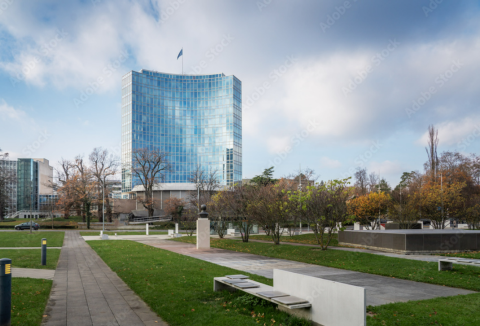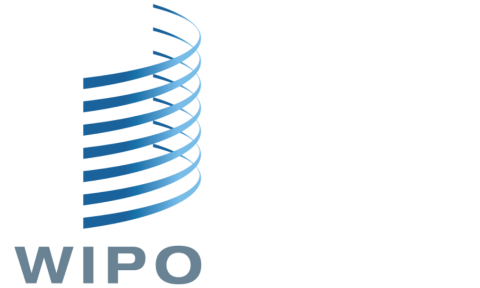Overview
The World Intellectual Property Organization (WIPO) is a specialized agency of the United Nations, established in 1967 to promote the protection of intellectual property worldwide. WIPO provides global services, policy forums, and collaborative programs benefiting over 190 member states, including several on the African continent. Its primary objective is to harmonize, streamline, and oversee international registration systems for trademarks, patents, and industrial designs.
International Treaties and Systems
WIPO coordinates international treaties and systems, such as the Madrid System for trademarks, the Patent Cooperation Treaty (PCT) for patents, and the Hague System for industrial designs. Through these instruments, applicants may file a single international application that can later provide protection across multiple member states. WIPO continuously updates its legal frameworks and regulations, most recently revising several provisions in the Hague System and the Madrid System in 2022 to address evolving global practices.


This information does not constitute legal advice; it is for informational purposes only.